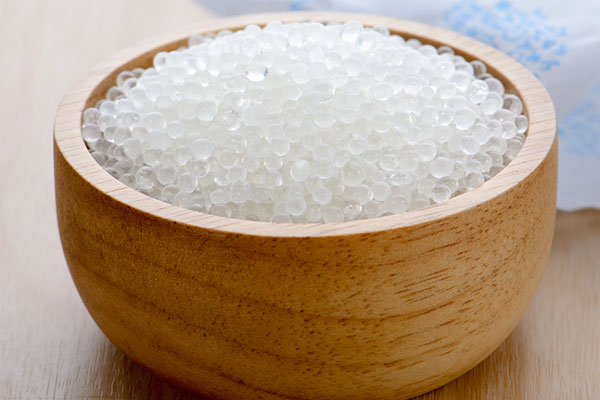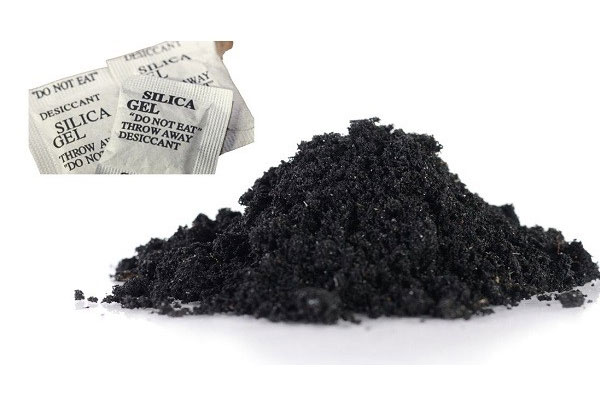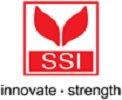
What is Silica?
Silica is an important material used in a wide range of industries mainly because it has an unusual purity, a high specific surface area, and extreme porosity silica product industry brings huge economic benefits to countries. However, there are serious environmental problems associated with the production process as well as the waste management which is not enough to meet the demands of the silica industry. Silica also come with certain health risks for human consumption and production process wastes are highly corrosive materials that present a high risk to the sewerage system and human health.
Silica is a white powder that is formed by the decomposition of fossil-derived organic matter by biotic, abiotic, or geologic agents such as bacteria, fungi, or animals (known as metathesis). Silica is an important material used in a wide range of industries mainly because it has an unusual purity, a high specific surface area, and extreme porosity. Silica is extracted from the ground in its naturally occurring form as sand, or it can be precipitated by industrial processes.
Silica is also produced synthetically from silicon dioxide. These synthetic silicas are then modified to produce fibers that are stronger and thinner than other synthetic materials as well as being cheaper to produce. In addition to being used in petrochemical and biochemical refining, silicon is also a valuable raw material in the synthesis of polymers, fibers, ceramics, and electronic components.
Usage of Silica
Silica occurs naturally in the environment but can also be produced synthetically. It is used in a wide variety of products, including:
1. Paint / Coatings
2. Plastics / Rubber
3. Personal Care
4. Elastomers
5. Wood
6. Construction Materials
7. Explosives / Insulators
8. Pharmaceuticals / Vitamins / Dietary Supplements
Growth in the Manufacturing Business of Silica from Rice Husk Ash
The future growth in the Manufacturing Business of Silica from Rice Husk Ash is predicted to reach a growth rate of 5.00% over the next 8 years.
If you ask someone in their 20s, they might not know what rice husk ash is or how it’s made. But for people who have lived for a long time, this is an old technique that has been around since ancient times, and it continues to be relevant today.
This is a process that extracts the mineral silicon dioxide (SiO2) also known as silica or quartz, from rice husk. SiO2 has many uses, it is an important component in many products like glass, ceramics, and paint. This product is also used in the manufacturing of electronic and telecommunication devices, armor-plating for vehicles and marine vessels, and in cement to make concrete. The manufacture of silica isn’t only relevant to developing countries, but rather developed countries as well. Silica is a raw material used by the global electronics, optics, and semiconductor industries.
In the year 2000, the Nano silica market size was estimated at $3.6 Billion and was predicted to grow to $6.4 billion in 2030. With a CAGR forecasting 6.0 percent growth from 2020 to 2030. At present, China is the biggest producer and exporter of Silica according to some estimates that the production of 6 million metric tonnes in 2021. China provides 64% of all global silica.
What is Rice Husk Ash and what are its business benefits?
Rice husks contain a high concentration of carbon and are very low in moisture and ashes. This allows for an excellent nutrient storage product, which has many uses in the horticulture industry. Alongside the benefits to plant growth, carbon-based products also have numerous environmental benefits.
The main by-product of rice husk is rice husk ash, which is a valuable industrial product, great for use in many products like glass manufacturing or concrete.
Rice husk ash contains mostly carbon but with a minor amount of lightweight material that is typically removed before it is used. The high concentration of carbon, along with its nutrient content makes it excellent for storage.
Storage of rice husk ash allows for safe and sustainable use and can save money, as costs are lowered because the product lasts longer. Another added benefit of storage is that it removes the need to transport the product, which can be costly in both time and money.
The main uses of rice husk ash have been in horticulture, soil enhancement, and as a non-flammable replacement for other forms of ash in concrete. These uses are all great for horticulturists because they help plants grow more quickly and easily, with much larger yields.

Who are we?
NPCS is a well-known name in the field of engineering and industrial consulting. The company offers a wide range of services, from project reports to startup business plans and concept submissions. NPCS is also a leading provider of books and project reports on a variety of topics.
NPCS has a long history of providing quality services to its clients. The company was founded in 1992, and since then, it has helped thousands of clients in India and around the world with their projects. NPCS is a one-stop shop for all your engineering and industrial consulting needs. Whether you’re looking for a comprehensive project report or a simple concept submission, NPCS can help you get the job done.
Reasons for Buying NIIR Report
- Our research report helps you get a detailed picture of the industry by providing an overview of the industry along with the market structure and classification.
- Our report provides market analysis covering major growth driving factors for the industry, the latest market trends and the regulatory framework of the industry.
- Our Report provides an analysis and in-depth financial comparison of major Players / Competitors.
- Our Report provides indispensable buyers’ data with their company financials as well as the contact details, which can be an important tool in identifying the target customers.
- Our report provides forecasts of key parameters which help to anticipate the industry performance.
- We use reliable sources of information and databases. And information from such sources is processed by us and included in the report.


















